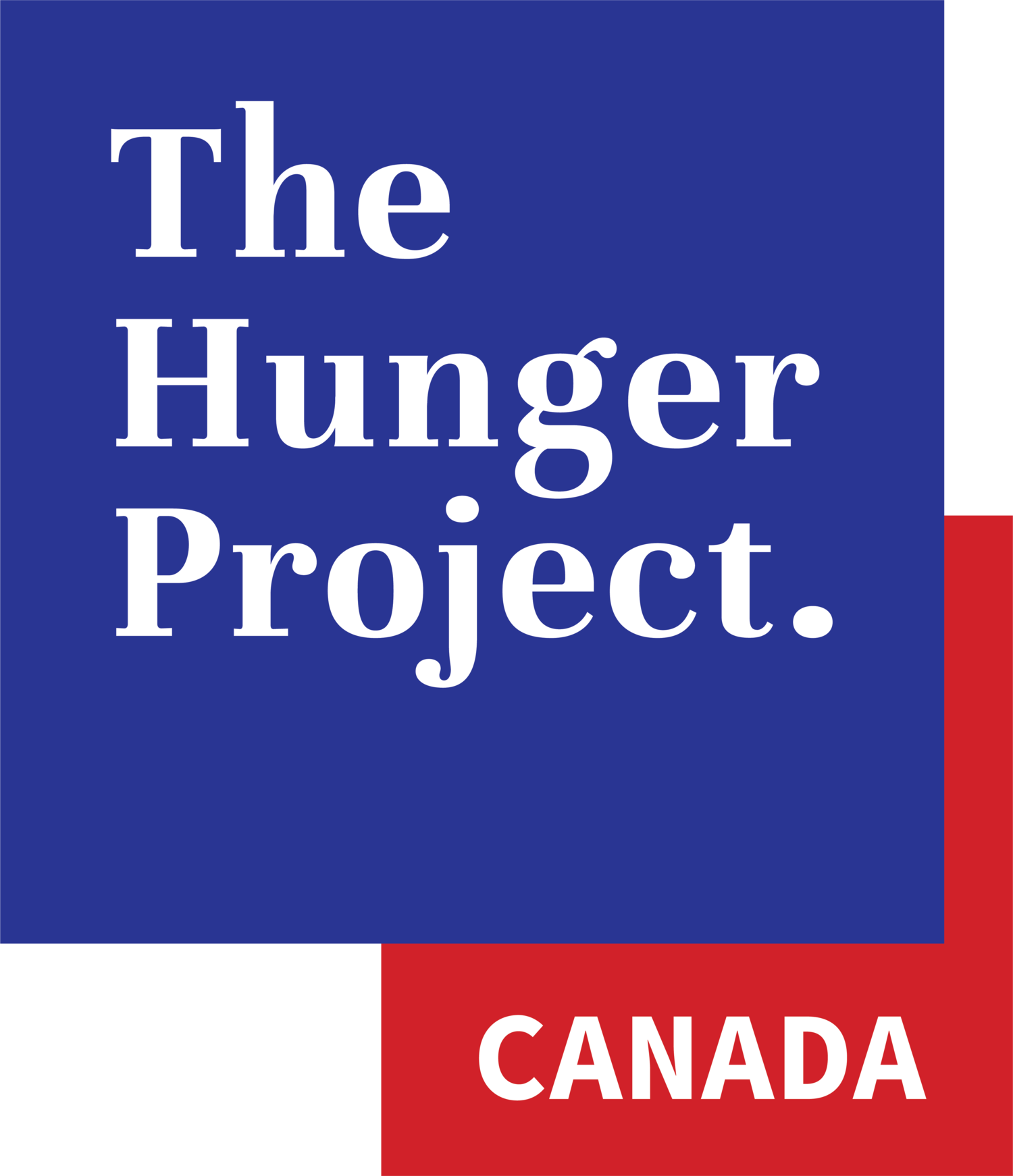The Hunger Project Canada stands with Indigenous communities.
The Hunger Project has always looked to the Indigenous communities we work with around the world for their leadership and wisdom as we stand with them as partners in their visions for ending hunger in their communities. Here at home, Indigenous leaders, women leaders, advocates, and grassroot organizations have asked for Canada to address it’s laws, policies, and practices that have created high rates of race and sex-based discrimination against Indigenous people, and continue to do so. This includes, but in no way limited to, the disproportionately high numbers of Indigenous children in care, the over-incarceration of Indigenous people, as well as high rates of homelessness, inaccessibility to basic human rights and services, and violence.
We acknowledge that:
For over 100 years, First Nations, Métis, and Inuit children were forcefully removed from their families and sent to institutions called “residential schools.”
Indigenous communities have been saying for decades that a genocide happened on this land. We grieve with the families of the growing number of children’s remains being found on residential school properties, adding to the growing list of 4,100 children previously identified by the Truth and Reconciliation Commission’s Missing Children’s Project. With the discovery of these mass graves, we have been reminded of Canada’s history of colonization and systemic racism against Indigenous people.
We need to listen to Indigenous communities who know what they need, hear their vision and stand with them. We need to empower them in the healing process. The Hunger Project Canada is, as always, committed to learning and listening to Indigenous communities and following their leadership as we move forward together. We firmly believe in a world where every adult and every child leads a healthy, fulfilling life of self-reliance and dignity.
Although our work for The Hunger Project is not yet directly in Canada, we vow to continue to educate ourselves, scrutinize our systems, policies and practices and learn from the past. We stand for justice and accountability of the residential school system and the intergenerational trauma that it created in Indigenous communities.

